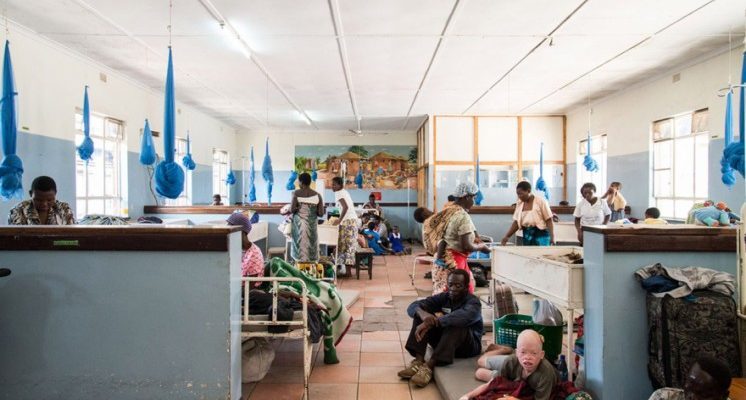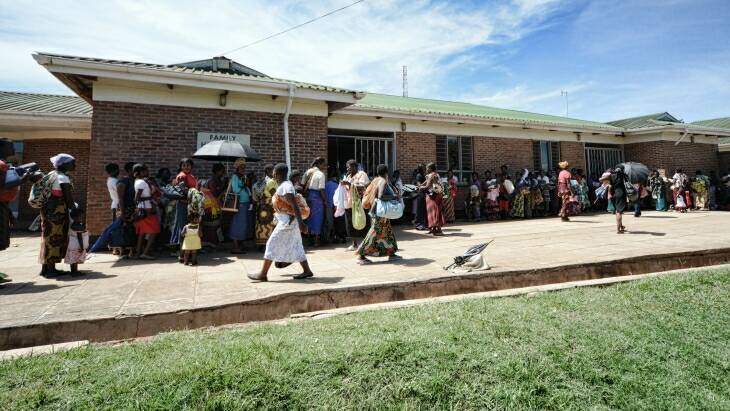
Malawi has made a cut into the top ten countries that have seen an incessant rise in life expectancy since the year 2000.
This is according to a recent report on life expectancy by MEDIGO in its study which looks at changes in bad health years since 2000 to see where people are living a longer, healthier life.
‘’When we deduct healthy life expectancy from actual life expectancy, we see the average amount of years someone can expect to live in bad health – or ‘Bad Health Years,’’ reads an introduction of the report.
Bad Health Years emanate from subtracting from the life expectancy.

Interestingly, all the ten nations are found in Africa.
Malawi is on the list alongside Niger, Ethiopia, Congo, Uganda, Rwanda, Tanzania, Zambia, Zimbabwe, and Botswana.
“This is as a result of ‘great progress in health and development since the turn of the century,” the report says.
The report however notes that nearly every country on the planet has seen an increase in life expectancy since the beginning of the 21st century.
Only two nations did not register an improvement in life expectancy: Iraq and Syria. Life expectancy in Iraq stagnated, while in Syria it has decreased by 3 years.
In the study, the journal makes mention that life expectancy is used to measure the number of years a person can expect to live in good health, taking social and economic factors into account alongside disease and disability rates.
Swift internet searches reveal that life expectancy in Africa has increased by 9.4 years since 2000 due to several factors, including improvements in child survival, progress in malaria control and expanded access to antiretroviral treatment.
Malawi’s levels go up to +15 with Botswana, Zambia, Zimbabwe, Rwanda, and Uganda all squaring up for 18.
Niger and Congo are at +12 while Tanzania is at +13 and Zimbabwe at 14.
There have been -9 Bad Health Years in Malawi since the year 2000, according to the report.
By 2012, internet results show that life expectancy in Malawi was at 54.72 years.
According to the latest World Health Organisation (WHO) data published in 2015, life expectancy in Malawi is: male 56.7, female 59.9 and total life expectancy is 58.3 which gives Malawi a World Life Expectancy ranking of 165.
A report published by the Financial Times in 2016 said that Malawi had been on the lead in Africa with life expectancy.
It indicated that life expectancy at birth rose 42 per cent from 44.1 years in 2000 to 62.7 in 2014, according to data from the World Bank.
Malawi’s top 50 causes of death, according to worldlifeexpectancy.com are HIV/AIDS – which places Malawi on position 8 on world rankings for causes of deaths; Stroke, Influenza and Pneumonia, Coronary Heart Disease, Diarrhoeal diseases, Malaria, Cervical Cancer, Malnutrition among others.
HIV/AIDS for example causes up to 29.32% of deaths in Malawi while Malaria accounts for 6.81% of deaths.














